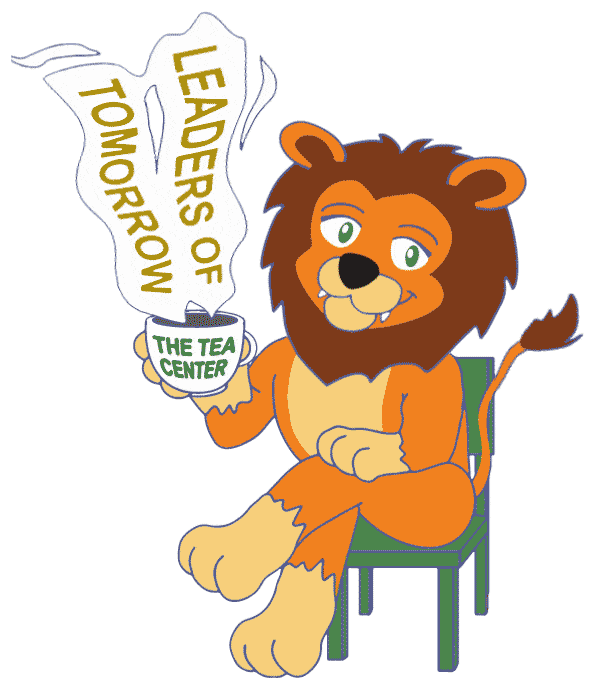In early childhood, unstructured play—where kids freely explore without strict adult direction—is far more than just fun. It’s a powerful foundation for learning and growth that impacts every area of development.
- Nurturing Creativity and Imagination When children engage in open-ended play, like pretending to be explorers or building imaginary worlds, they develop creativity and problem-solving skills. This kind of imaginative play opens their minds to endless possibilities and builds lifelong critical-thinking abilities.
- Boosting Physical Skills Physical activities like running, climbing, and jumping during play are crucial for motor skill development. These actions strengthen muscles, improve coordination, and support overall physical fitness, laying the groundwork for a healthy lifestyle.
- Building Social and Emotional Understanding Playing with others teaches children to share, negotiate, and empathize. This social interaction fosters emotional intelligence and helps children better understand and manage both their own feelings and those of others.
- Fostering Independence and Decision-Making Without adults directing each move, children learn to make choices on their own—deciding what to play and how to handle various situations. This independence strengthens decision-making skills, confidence, and self-esteem.
- Enhancing Language Development Playtime offers a natural setting for language growth. As children interact, they practice new words, refine communication skills, and build conversational abilities that support language development.
- Stimulating Cognitive Growth Unstructured play inspires curiosity, sparking questions and encouraging exploration. Problem-solving activities, like figuring out how to build a stable block tower, develop logical reasoning and spatial awareness.
- Supporting Mental Health and Reducing Stress Play provides a healthy outlet for expressing emotions and processing experiences, which can reduce stress and anxiety. It’s a safe way for kids to relieve tension, enhancing their mental well-being.
- Preparing for Real-Life Experiences Through play, children discover how the world works. They grasp basic concepts—such as gravity, cause and effect, and spatial navigation—that are vital for understanding real-world scenarios.
Conclusion: Embrace the Power of Play Unstructured play is essential for a child’s growth, supporting everything from physical health to social skills and cognitive abilities. As caregivers, encouraging this type of playtime is one of the best ways to set children up for a well-rounded, fulfilling future.
Unstructured play is not just a bonus—it’s a necessity for developing healthy, confident, and capable individuals. Together with the T.E.A. Center, let’s give children the freedom to explore and learn through play; it’s where the foundations for lifelong success are built.


